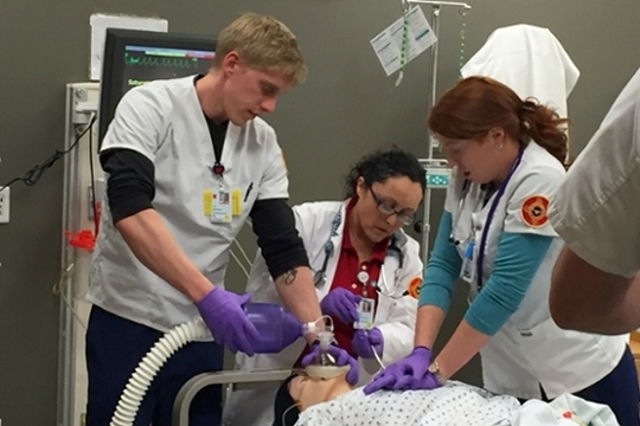
Nursing ETDs
Publication Date
Summer 7-10-2020
Abstract
Abstract
This autoethnographic study examines a registered nurse’s experience living with chronic undiagnosed illness. The number living with undiagnosed illness is unknown and little is understood about living with chronic undiagnosed illness.
This analytic autoethnography (Anderson, 2006) used multiple data sources: my journal, medical history narrative, and artifacts including my handwork, examples of my father’s handwriting, and family photographs. Narrative analysis, thematic analysis, and visual analysis were conducted.
My experience of living with chronic undiagnosed illness was characterized by three themes that reinforced isolation: not knowing, loss, and hidden secret self. Family context evidenced diverse themes of not being believed, hidden secret self, diminished self-identity, and diminished family role. Social context featured hidden secret self, diminished social role, and hidden Hispanic identity. Professional context themes were hidden secret self and impact on professional role.
There is a need to define nursing’s role in caring for and identifying interventions patients with chronic undiagnosed illness. Health professionals need educational content on undiagnosed illness and atypical presentations of disease. Further quantitative and qualitative research is needed in real world practice settings, capturing cultural contexts of the patients’ experience. Advocacy in health care and public policy analysis are needed for this population.
Degree Name
Nursing
Level of Degree
Doctoral
Department Name
College of Nursing
First Committee Member (Chair)
Dorinda Welle, PhD, MA
Second Committee Member
Jennifer Averill, PhD, RN
Third Committee Member
Elizabeth Tigges, PhD, RN, PNP-BC
Fourth Committee Member
Melinda Stanley-Hermanns', PhD, RN, BC, CNE, PN/FCN, ANEF
Keywords
chronic illness, undiagnosed illness, illness experience, autoethnography
Language
English
Document Type
Dissertation
Recommended Citation
Ricker, Frances M.. "An Autoethnography of a Registered Nurse Living with Chronic Undiagnosed Illness." (2020). https://digitalrepository.unm.edu/nurs_etds/51
Included in
Medical Humanities Commons, Public Health Commons, Public Health and Community Nursing Commons


